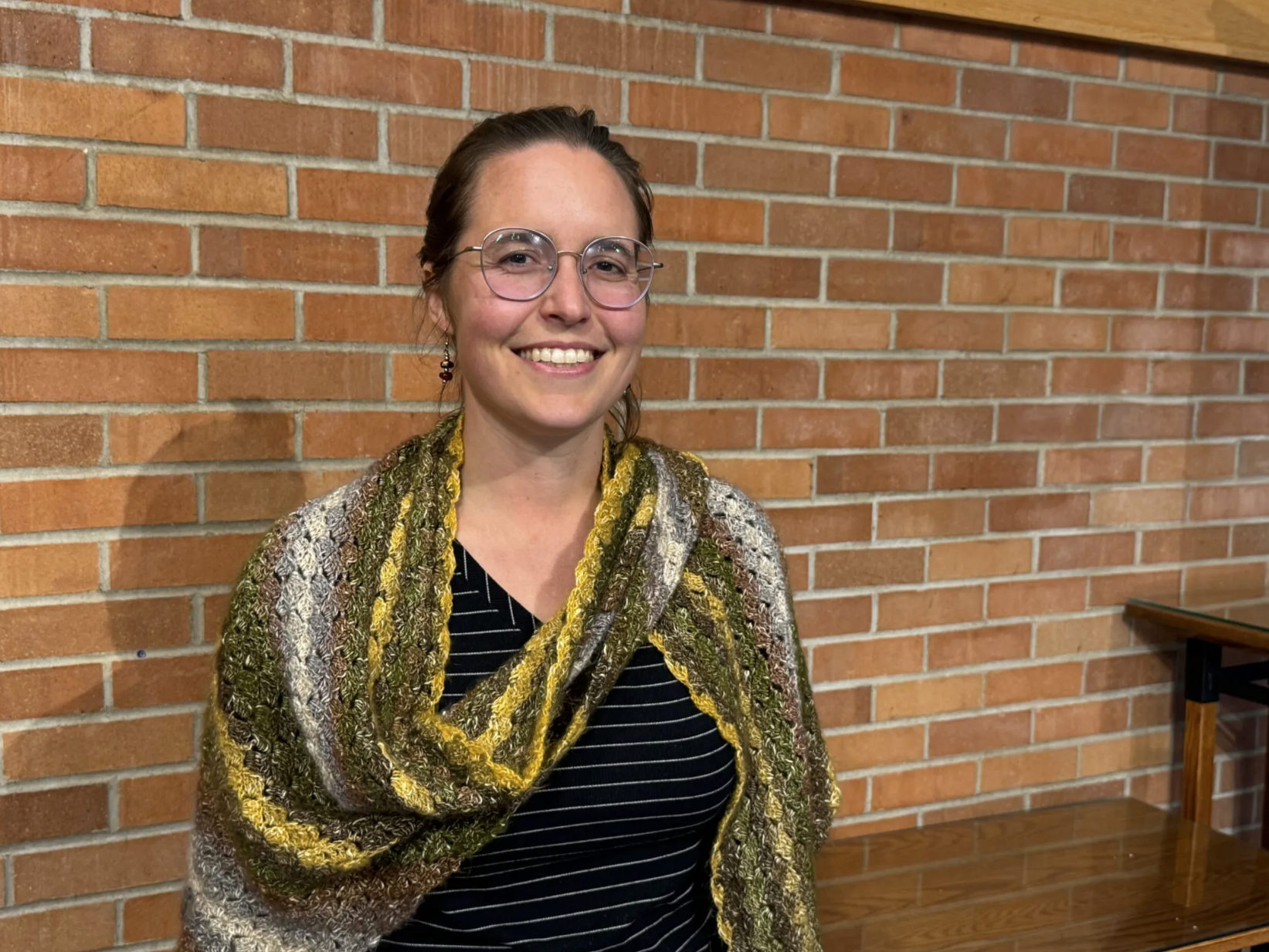Learning our Legacy with Indian Boarding Schools
Liesl Spitz is a pastor in St. Paul, Minnesota.
I live in an old, creaky house, and I love it. Old houses have stories. Old houses have quirks. And crucially, old houses require a certain kind of care— care that isn’t afraid to examine every basement crack and attic corner— to get to into its history and what is needed now.*
Our Lutheran faith is like that too. With the gift of the particular theology and traditions we inherit, we also must reckon with our history and legacy. These inform the care and attention we must pay in the present.
This spring I had the opportunity to speak to a memorial at the St. Paul Area Synod Assembly to address the legacies of our church's role in Indian Boarding Schools. It went on to pass at Churchwide assembly this July. The first action to be adopted as a result of this memorial is for the ELCA to encourage and equip congregations to recognize a National Day of Remembrance for Indian Boarding Schools. This stems from the commitment the ELCA made in 2016 to repudiate the Doctrine of Discovery.
For 150 years, over 500 Indian boarding schools operated in the United States, where Native children were forcibly taken from their families and communities, prohibited all expression of Native language and culture, and required to perform manual labor, with a goal to “Kill the Indian in him, and save the man.” Religious organizations collaborated with the federal government in operating more than half of these federally-funded schools, including predecessor denominations to the ELCA.
A grassroots effort in the ELCA has already been underway so that we might account for, as specifically as possible, our role in this particular era of genocidal policy toward our Indigenous neighbors. Like a home that requires digging into its cracked foundation, our faith calls us to uncover our own ancestors’ legacy and complicity, so that we might seek right relationship with those Tribes and families who were harmed.
As someone who has spent time paging through the archives myself, I can speak to the many layered nature of unearthing our history. This isn’t a project about shaming our ancestors, but about seeking the truth with honesty, deep reflection and trust that the Spirit is still shaping us to live in just relationship with our neighbors.
On September 30, you are invited to join this movement by wearing orange to raise awareness and commemorate those harmed by Indian Boarding Schools. Learn more about this time in American history from organizations such as the National Native American Boarding School Healing Coalition, and learn about the grassroots Truth Seeking and Truth Telling Initiative taking place in the ELCA to reckon with our own role in this era.
To find home in an old house is a great gift, and a gift that comes with responsibility. May we better learn the stories of our shared home in the Lutheran tradition, and may we hear the call to be faithful and loving neighbors today.
Liesl Spitz
*Author Isabelle Wilkerson introduced me to the metaphor of caring for old houses in her outstanding book Caste on racism in the United States.


